Inzko to be high representative to Bosnia?
Javier Solana says that EU foreign ministers have agreed who will be the new high representative to Bosnia-Herzegovina, though he declined to reveal his name.
Tuesday, 24.02.2009.
19:33

Javier Solana says that EU foreign ministers have agreed who will be the new high representative to Bosnia-Herzegovina, though he declined to reveal his name. “We have already agreed,” said the EU high representative for foreign affairs and security. Inzko to be high representative to Bosnia? According to unnamed EU diplomats, the EU foreign ministers reached a consensus to propose Austrian diplomat Valentin Inzko, currently ambassador to Slovenia, as the new international high representative to Bosnia-Herzegovina. Solana said that the EU Council of Ministers now needs to exchange opinions about its candidate with all other members of Bosnia's International Peace Implementation Council (PIC), which, in addition to EU representatives, also includes U.S., Russian and Turkish representatives. The PIC is made up of 55 countries and international organizations and oversees implementation the peace process in the former Yugoslav republic. Solana said that the exchange of opinions in the PIC has already begun, and would “be finished by tomorrow.” The change to the Office of the High Representative in Bosnia-Herzegovina comes after the recent appointment of its last high representative, Miroslav Lajcak, as Slovak foreign minister. Media in Bosnia-Herzegovina had said the new high representative would be British diplomat Emyr Jones Perry, but Russia opposed his appointment. The name of the new representative is due to be made public by March 1. “Serbs cannot leave Bosnia” Also on Tuesday, Croatian President Stjepan Mesic, commenting on a recent statement by Republic of Srpska (RS) Prime Minister Milorad Dodik about that entity's separation from Bosnia, said that the international community there needs to be more determined not to let that happen. “No one should be allowed the possibility of separating from Bosnia-Herzegovina,” said Mesic. Post 1992-95 Bosnia is made up of the RS – the Serb entity – and the Muslim-Croat Bosnian Federation. He explained that Bosnia had "always been one entity and no kind of autonomy within the state ever existed". The Croatian president noted that the last war brought ethnic cleansing, so that "the RS today is only eight percent Croat and Bosniak [Muslim], while before the war there was 48 percent". “Therefore, if someone refers to the Dayton Accords, then people must return, and on the basis of those relations establish a mechanism of government,” said he. Mesic added that Croatia would "use all means possible" to "try to motivate" Serb citizens to return to his country and “get that process going”. A quarter of a million ethnic Serbs were exiled from Croatia in 1995.
Inzko to be high representative to Bosnia?
According to unnamed EU diplomats, the EU foreign ministers reached a consensus to propose Austrian diplomat Valentin Inzko, currently ambassador to Slovenia, as the new international high representative to Bosnia-Herzegovina.Solana said that the EU Council of Ministers now needs to exchange opinions about its candidate with all other members of Bosnia's International Peace Implementation Council (PIC), which, in addition to EU representatives, also includes U.S., Russian and Turkish representatives.
The PIC is made up of 55 countries and international organizations and oversees implementation the peace process in the former Yugoslav republic.
Solana said that the exchange of opinions in the PIC has already begun, and would “be finished by tomorrow.”
The change to the Office of the High Representative in Bosnia-Herzegovina comes after the recent appointment of its last high representative, Miroslav Lajčak, as Slovak foreign minister.
Media in Bosnia-Herzegovina had said the new high representative would be British diplomat Emyr Jones Perry, but Russia opposed his appointment.
The name of the new representative is due to be made public by March 1.
“Serbs cannot leave Bosnia”
Also on Tuesday, Croatian President Stjepan Mesić, commenting on a recent statement by Republic of Srpska (RS) Prime Minister Milorad Dodik about that entity's separation from Bosnia, said that the international community there needs to be more determined not to let that happen.“No one should be allowed the possibility of separating from Bosnia-Herzegovina,” said Mesić.
Post 1992-95 Bosnia is made up of the RS – the Serb entity – and the Muslim-Croat Bosnian Federation.
He explained that Bosnia had "always been one entity and no kind of autonomy within the state ever existed".
The Croatian president noted that the last war brought ethnic cleansing, so that "the RS today is only eight percent Croat and Bosniak [Muslim], while before the war there was 48 percent".
“Therefore, if someone refers to the Dayton Accords, then people must return, and on the basis of those relations establish a mechanism of government,” said he.
Mesić added that Croatia would "use all means possible" to "try to motivate" Serb citizens to return to his country and “get that process going”.
A quarter of a million ethnic Serbs were exiled from Croatia in 1995.






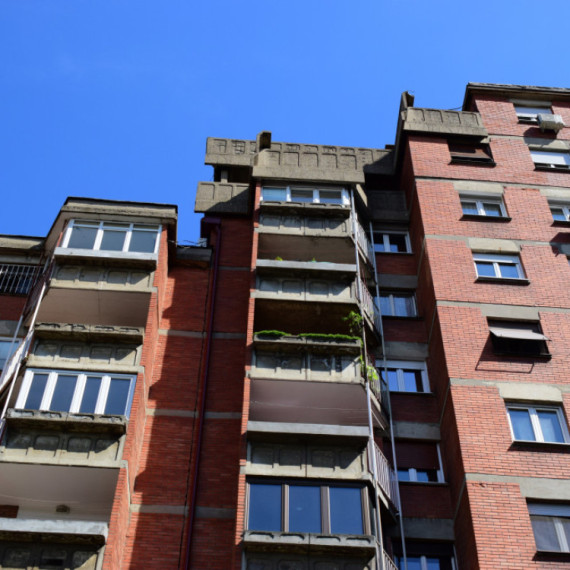




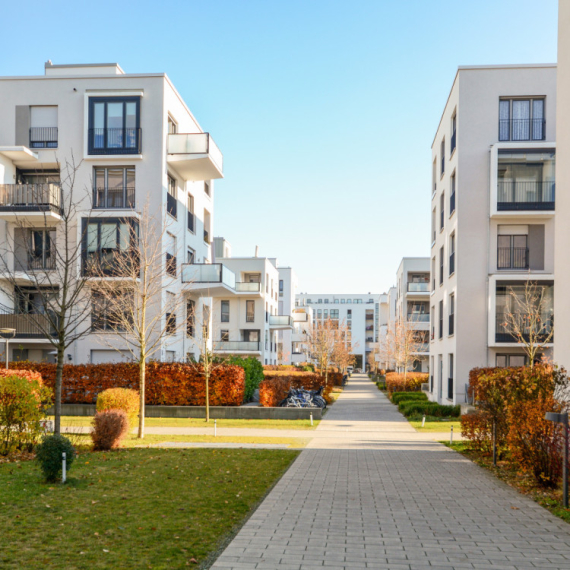
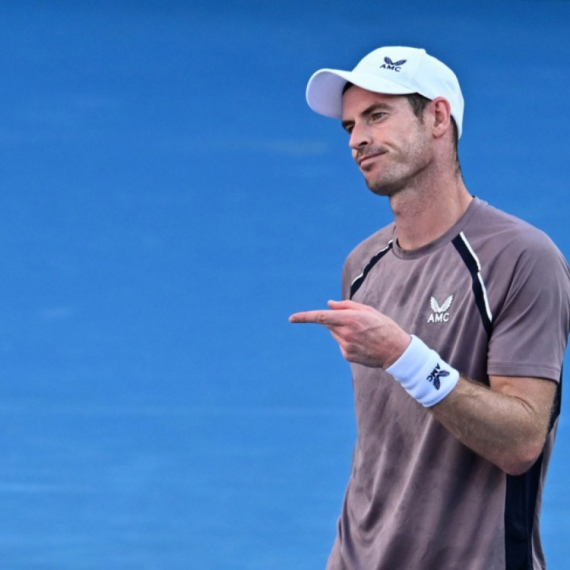
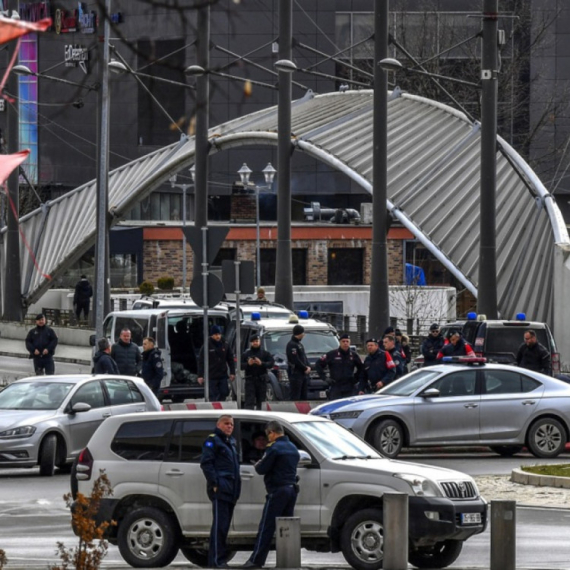
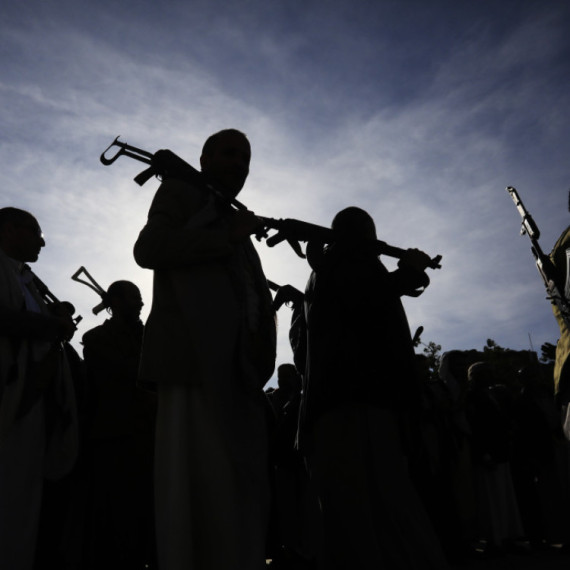
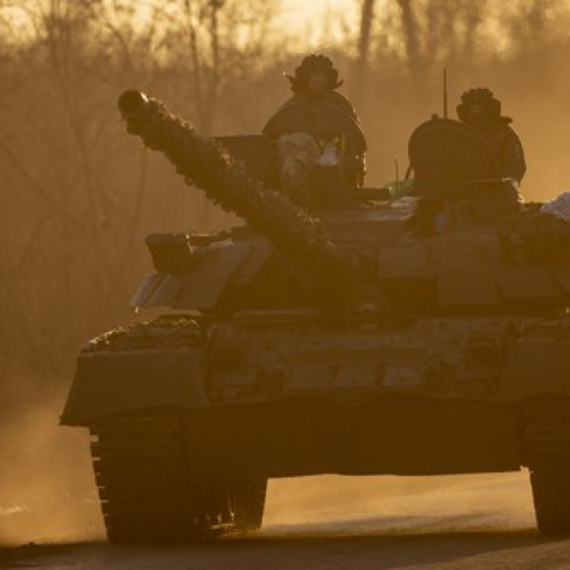

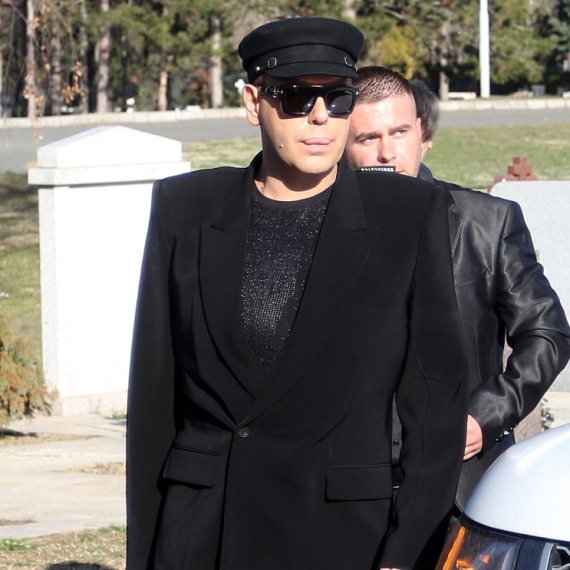

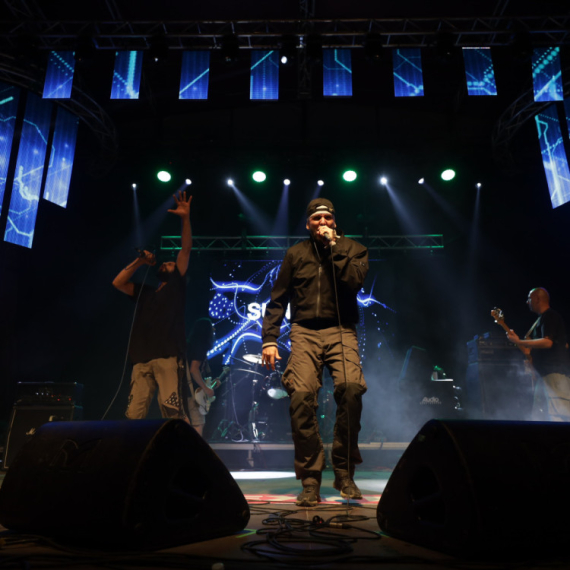

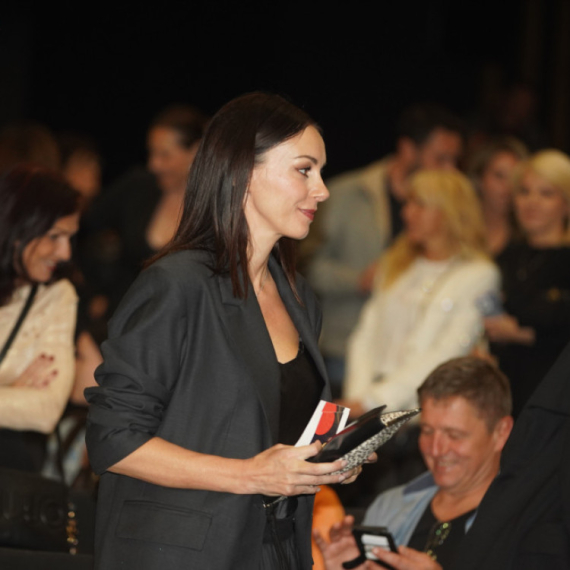




























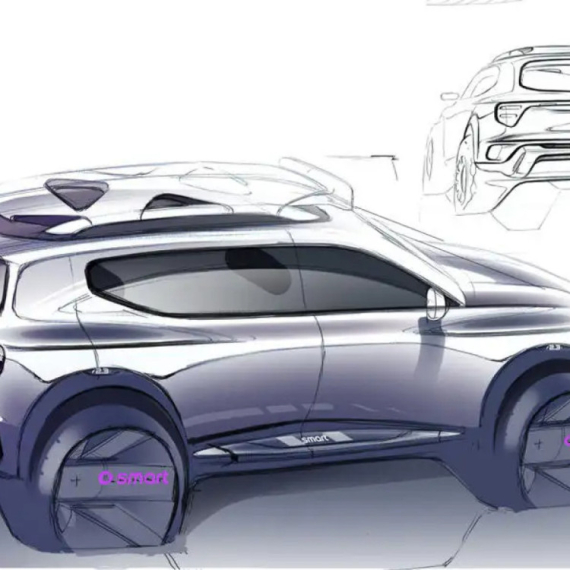



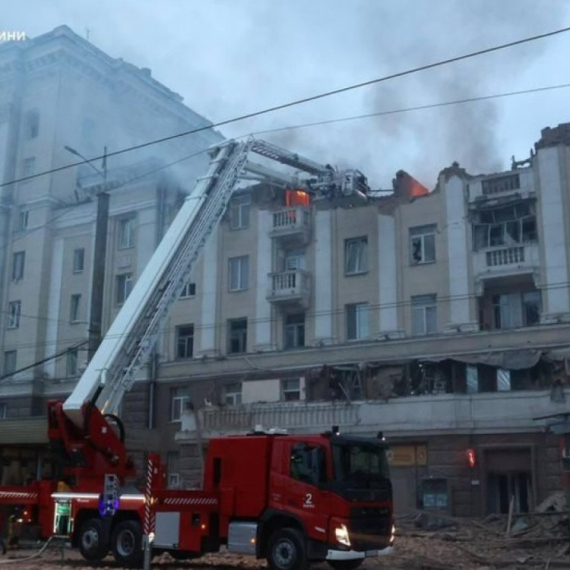
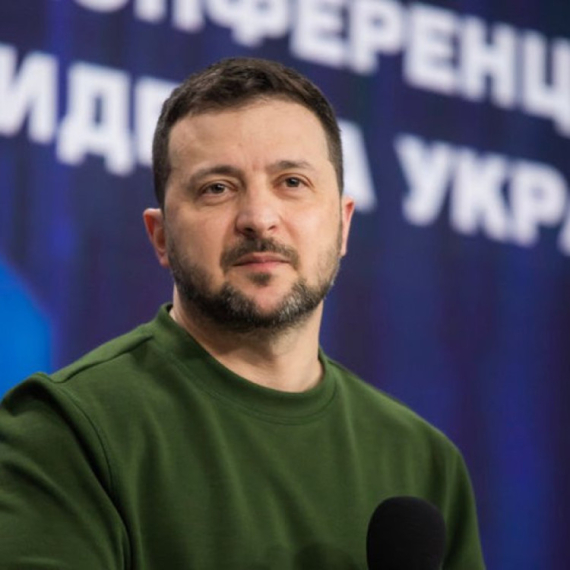
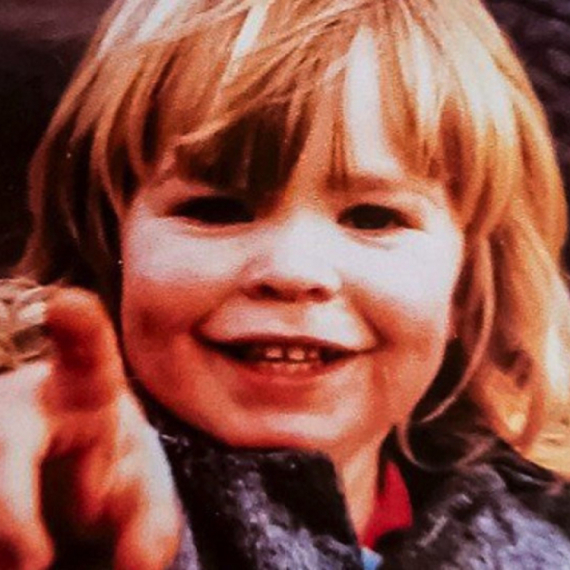

Komentari 5
Pogledaj komentare